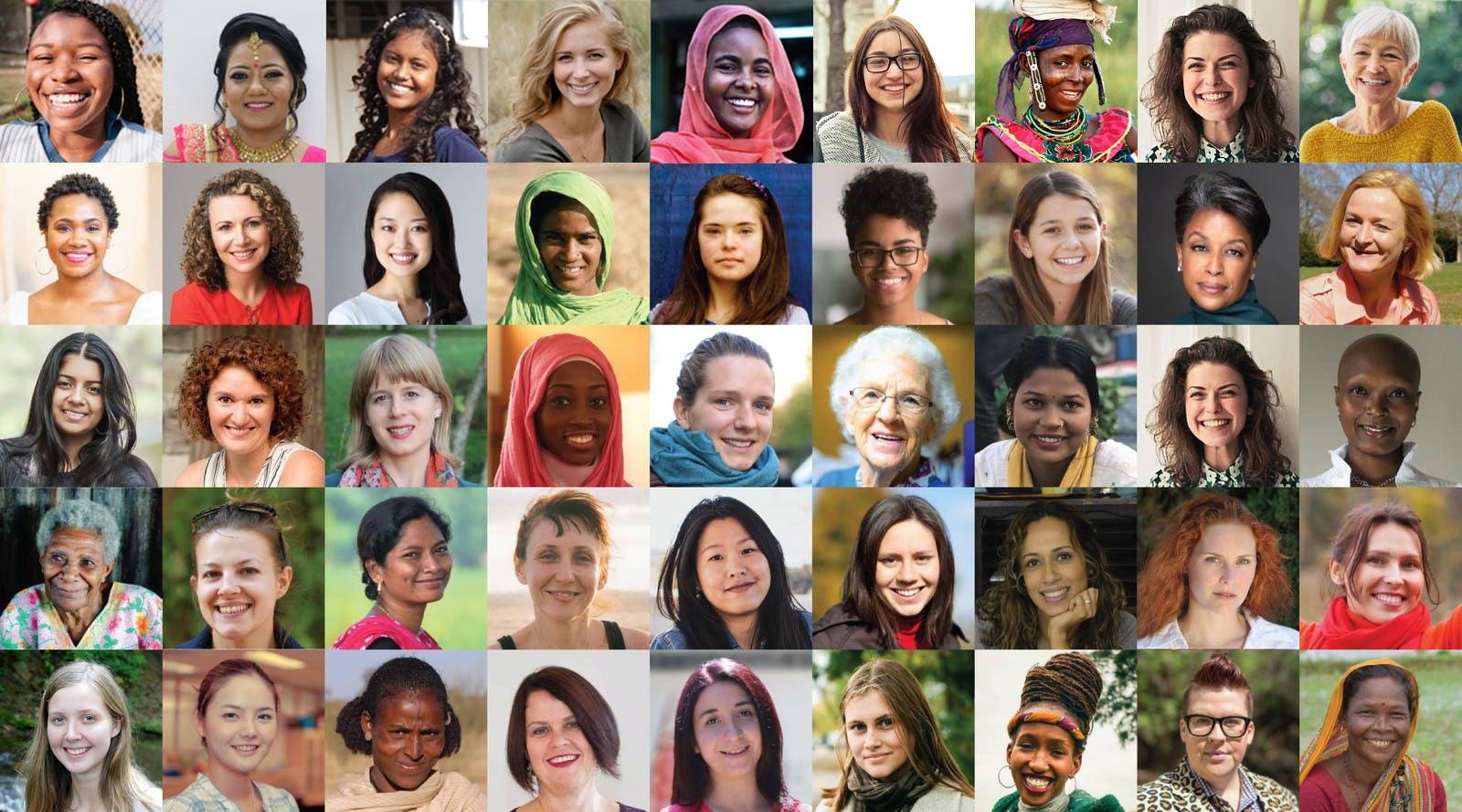Protecting Gorillas and Biodiversity in the Karisoke Sector, Rwanda
The Ellen DeGeneres Campus of the Dian Fossey Gorilla Fund opened in northern Rwanda on February 1, 2022. The campus is a 12-acre state-of-the-art facility aimed at accelerating gorilla conservation. The Ellen Campus is the headquarters of the Fossey Fund, which is the largest and longest-running organization dedicated entirely to the conservation and study of gorillas.
Support for the Fossey Fund’s work will focus on four strategic areas:
- Protecting individual gorillas and their families 365 days a year.
- Conducting the scientific research needed to develop effective conservation strategies.
- Educating and training the next generation of conservationists/scientists in Africa and beyond.
- Improving the lives of people who share the gorillas’ forest home through initiatives aimed at food and water security, education, and livelihoods.
For more than 50 years, the Fossey Fund has been a scientific leader in studying gorillas and their ecosystems, contributing enormously to what is known about the species. Their research team combines the traditional field methodologies started by Dian Fossey—daily observation of individual gorillas—with modern technologies such as genetics, physiology, and GIS to answer pressing questions about gorilla biology, conservation, and evolution.

Image credit: Courtesy of the Dian Fossey Gorilla Fund
Over the last three years alone, The Fossey Fund has published more than 50 papers with hundreds of collaborators from institutions worldwide. In addition, 15% of these publications were led by the Fossey Fund’s African scientists; this is in stark contrast to the global trend, where this number stands at <1% for the vast majority of African countries.
The Fossey Fund’s current strategic plan aims to increase its African-led publications to at least 30% by 2025—a goal that requires the Fossey Fund to invest in personnel, equipment, and facilities. The Ellen Campus of the Fossey Fund provides unparalleled opportunities for scientific study and collaboration in the region.
Since the time of Dian Fossey, the Fossey Fund’s gorilla research has primarily focused on a specific region within the Volcanoes National Park, referred to as the Karisoke sector. Representing roughly 25% of the park but housing 50% of the park’s gorilla families, the Karisoke sector is especially rich in biodiversity because of the high density of nutrient-rich plant foods. The Fossey Fund has long realized that the gorillas living within this unique microenvironment are likely not representative of the population as a whole.
.jpeg)
Image credit: Courtesy of the Dian Fossey Gorilla Fund
Thus, two years ago, at the invitation of the Rwandan government, the Fossey Fund expanded its research program to include some of the gorilla families living outside of the Karisoke sector. Led by Dr. Winnie Eckardt, this study reveals considerable differences in the diet of gorillas living in different park areas, which has implications for many aspects of their biology--reproduction, social organization, ranging patterns, hormones, and even health. The findings also can inform strategies for the government’s goal to expand the park through reforestation.
Given the early results, the Fossey Fund’s longer-term goals are twofold:
- To further expand their research coverage to include gorilla families across the entire park.
- To maintain this expanded research effort as a permanent part of their activities.
This will require considerable investment in staff, training, equipment, and infrastructure such as vehicles and remote camps. It will provide the opportunity for the Fossey Fund to jump-start the careers of more young Rwandan biologists who will be brought on staff and trained.
To initiate this expansion to an additional three groups, which the Fossey Fund would like to do in the upcoming month, the Fund will need to hire three new research assistants and two more in 2023.
Support women-led projects protecting the Earth.
.jpeg?auto=compress%2Cformat)
.jpg?auto=compress%2Cformat)
